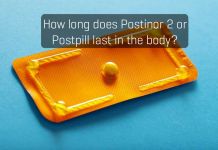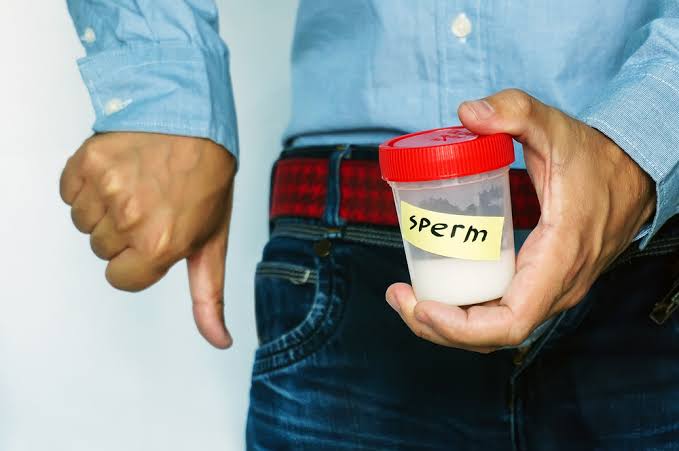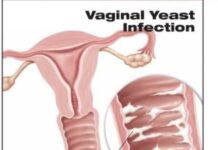Food and Drug Agency withdraws Textured Allergan Breast Implants in US and Worldwide.
The implants causes a deadly type of breast cancer called lymphoma of the breast.
Of the 573 persons down with the cancer, 84 percent (481) had used the breast implant called the Allergan implants at one point of their lives.
More than 33 deaths recorded already.
Allergan is recalling all BioCell textured breast implant products in circulation from the United States and around the world, owing to the risk for breast implant–associated anaplastic large-cell lymphoma (BIA-ALCL).
This is following an announcement from the US Food and Drug Administration (FDA).
The agency notes that to date, 573 unique cases of BIA-ALCL and 33 deaths have been reported around the world, up from 457 cases and 24 deaths in February 2019.

Credit: American Cancer Association
Of the 573 unique cases of BIA-ALCL, 481 (84%) have been attributed to Allergan implants.
Of the 33 patient deaths, 12 of the 13 patients for whom the manufacturer of the implant is known are confirmed to have had an Allergan breast implant at the time of their BIA-ALCL diagnosis.
“Based on the currently available information, including the newly submitted data, our analysis demonstrates that the risk of BIA-ALCL with Allergan BioCell textured implants is approximately six times the risk of BIA-ALCL with textured implants from other manufacturers marketing in the US,” the FDA said in a statement.
The recall includes the Natrelle Saline-Filled breast implants, Natrelle Silicone-Filled breast implants, Natrelle Inspira Silicone-Filled breast implants, and Natrelle 410 Highly Cohesive Anatomically Shaped Silicone-Filled breast implants.
The recall also includes tissue expanders used by patients prior to breast augmentation or reconstruction, including Natrelle 133 Plus Tissue Expander and Natrelle 133 Tissue Expander with Suture Tabs.
“The recall will help ensure that unused products are removed from suppliers and doctors’ offices,” the FDA said.
Already Withdrawn From Europe
Allergan took its textured breast implants off the market in all European countries in December 2018 after a French regulatory body ordered a recall. It pulled its BioCell textured breast implants off the market in Canada in May 2019.
However, the FDA announced in early May 2019 that it would allow sales of textured breast implants to continue. At that time, the FDA said that on the basis of available evidence, it did not believe the device met the standard for banning as set forth in the US Federal Food, Drug, and Cosmetic Act.
That announcement followed a 2-day FDA advisory committee meeting on breast implants in March 2019.
On the basis of the latest data, the agency has now concluded that pulling the textured implants from the market is “necessary at this time to protect the public health,” FDA Principal Deputy Commissioner Amy Abernethy, MD, PhD, said in today’s announcement.
Jeff Shuren, MD, JD, director of the FDA’s Center for Devices and Radiological Health, said the agency is continuing to evaluate whether the risk of developing BIA-ALCL is limited to specific models of textured breast implants or applies to all textured breast implants.
“We continue to advise women and health care professionals that the use of breast implants is associated with a risk of developing BIA-ALCL and that the risk is greater with textured implants,” said Shuren.
The FDA also issued today a safety communication outlining the known risks and what steps healthcare providers and patients should consider when monitoring for symptoms of BIA-ALCL, including breast pain, discharge and swelling. The FDA does not recommend removal of the recalled implants for women who do not have symptoms.
The FDA has been monitoring the issue since it first identified the possible association between breast implants and BIA-ALCL in 2011. “Since that time, we have worked to increase awareness and encourage reporting of all cases to the FDA so that we could continue to monitor this potential safety signal,” said Abernethy.
Read original news article on Medscape





















